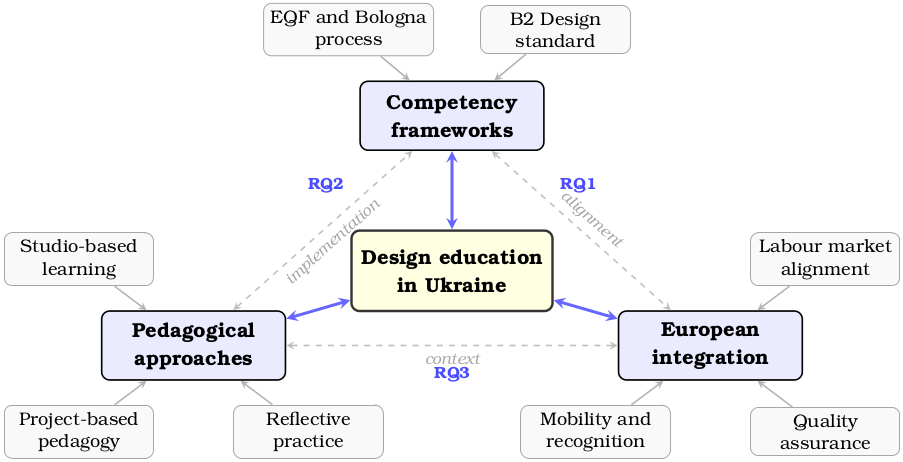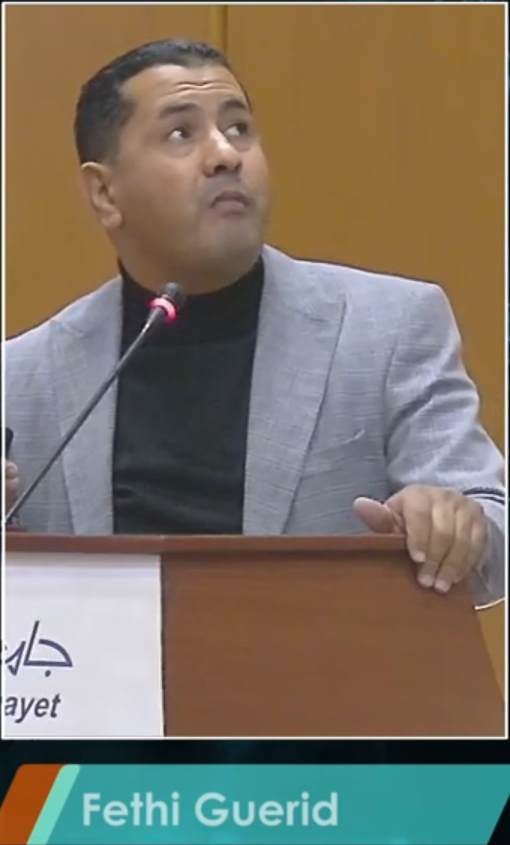Educational Dimension journal editorial activity report (2025)
Educational Dimension has completed its 2025 editorial cycle, maintaining a rigorous, transparent, and ethics-driven peer-review process in line with COPE Core Practices.
During 2025, the journal received 68 submissions, published 26 peer-reviewed articles, and applied a highly selective acceptance rate of 14%, ensuring scholarly quality and relevance. The median time to first editorial decision was 7 days, reflecting efficient and responsible editorial management.
The Editorial Board remains committed to academic integrity, timely communication with authors, and continuous improvement of editorial standards.
Read more about Educational Dimension journal editorial activity report (2025)


















